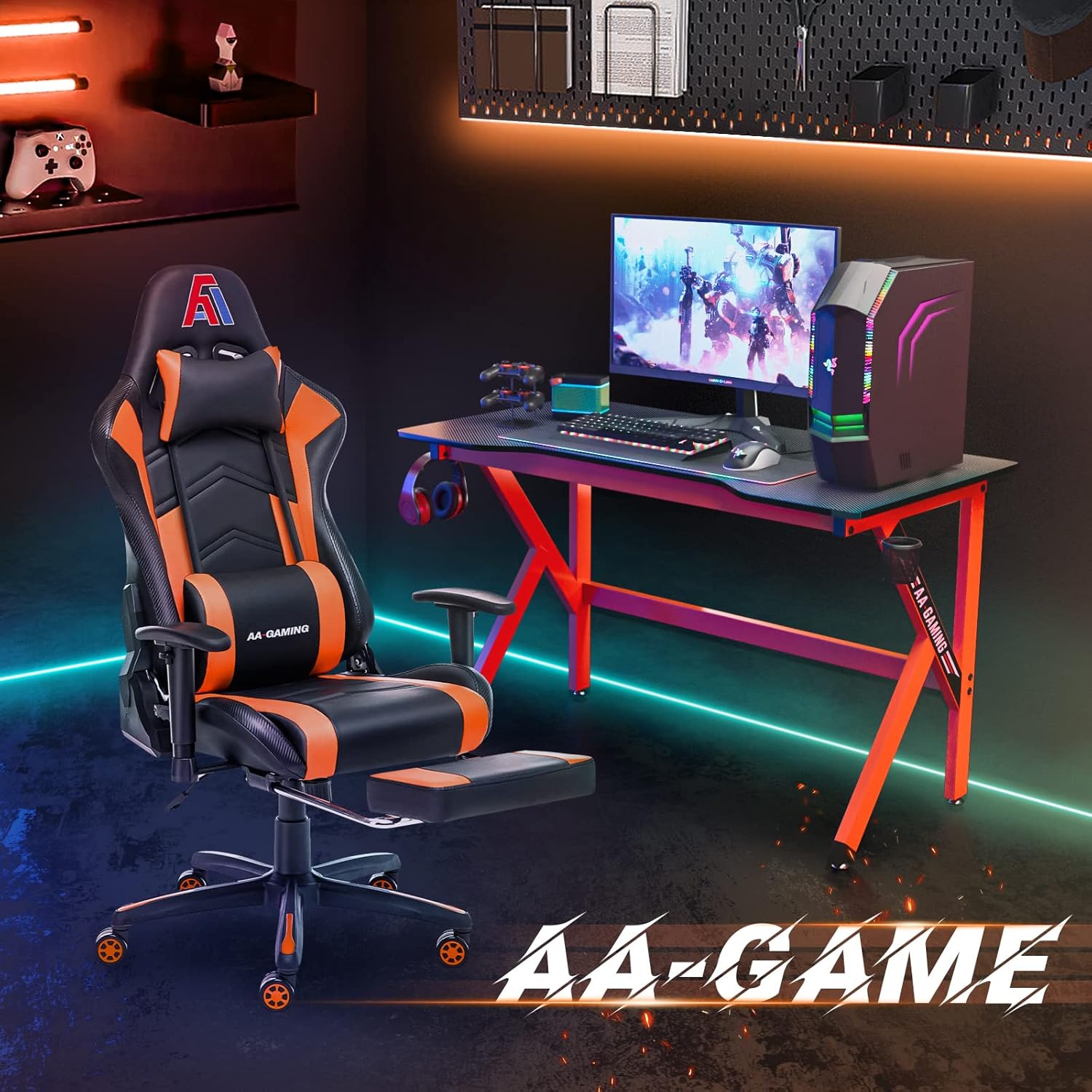One of the first complete projects I built in Unity looked and felt amazing at least on my laptop. But when I shared the build with a friend, he got frame drops, long load times, and weird stuttering when enemies spawned. That’s when I learned that writing functional code isn’t enough. You also need to write smart, efficient code.
C# gives you a lot of tools to make great games in Unity, but how you use them matters a lot. You don’t need to be a professional systems engineer, but understanding the basics of performance optimization will make your project playable on more devices and more enjoyable overall.
If you’ve followed the core guide to game mechanics in C#, this is your next big step—going beyond “it works” to “it runs great.”
Watch your Update functions
Unity executes the Update() function on every script, every frame. That can become a performance hog fast.
Example: if you have 100 enemies, and all of them are running unnecessary logic in Update(), your game’s frame rate can tank.
👉 Start by asking:
- Does this code need to run every frame?
- Could it run in
FixedUpdate()(for physics) orInvokeRepeating()at intervals? - Could the script deactivate when not in range or on screen?
I once added a simple HUD effect to an in-game radar, thinking nothing of it. But because it updated every frame even if the radar wasn’t active it caused major lag on low end devices. I moved it to a coroutine that only ran while the radar was enabled, and the issue vanished.
Use Object Pooling to reduce lag
In many games, you create and destroy objects a lot, like bullets or particles. But calling Instantiate() and Destroy() too much is expensive for Unity—it allocates and frees memory repeatedly, triggering the garbage collector.
Instead, recycle objects. That’s object pooling.
How it works:
- You pre-instantiate a group of objects (e.g., 20 bullets).
- When a bullet is needed, activate an inactive one from the pool instead of creating a new one.
- When it’s “done,” deactivate it instead of destroying it.
There are many free pooling scripts out there, or write a basic version yourself. Once I added pooling to a 2D space shooter, the frame rate no longer dropped during heavy action scenes.
Beware of Garbage Collection
C# uses automatic garbage collection (GC) to free unused memory. The downside? It sometimes causes spikes during gameplay, especially if you’re unintentionally generating garbage over and over.
Common GC triggers:
- Frequently calling
newinsideUpdate() - Modifying strings too often (strings in C# are immutable)
- Using LINQ on collections like
List<T>or arrays nonstop
How to reduce GC:
- Use arrays or object pools where possible
- Cache references instead of calling
.GetComponent()every frame - Reuse variables instead of allocating new ones
- Use
StringBuilderfor dynamic text that updates frequently
Optimize gradually. Profiling tools (see below) will help identify where the biggest improvements can happen.
Profile early and often
Unity’s built in Profiler is a hidden gem. It shows exactly where your game is spending time CPU usage, memory allocation, rendering cost, and more.
Access it via Window > Analysis > Profiler
You can:
- Watch frame rates in real time
- See which methods consume the most CPU
- Detect spikes in Garbage Collection
- Monitor draw calls and batching
I always set aside time during a project to open the Profiler and run through the game slowly. Seeing “Update > EnemyAI > PathfindingCheck” spike suddenly gave me insight I never would’ve found just reading code.
Use Physics wisely
Unity’s physics system is powerful, but it can slow your game down fast if misused.
Tips:
- Use
Rigidbody2DorRigidbodyappropriately (not both) - Avoid constant physics checks in
Update()—useFixedUpdate() - Limit
OnTriggerEnter()andOnCollisionEnter()unless necessary - Turn off physics on inactive objects or background elements
Also, use layers and layer masks. They let you choose which object types should interact—nobody wants background clouds triggering enemy collisions.
Optimize your UI logic
UIs can look simple but hit performance hard, especially if text or elements update every frame.
- Update UI values only when needed, not continuously
- Use Canvas batching settings to reduce redraws
- Avoid animating every UI object via
Update()
For instance, instead of updating “score: 500” to “score: 501” every frame, check if the value changed—if so, update the text.
if (currentScore != lastScore)
{
scoreText.text = currentScore.ToString();
lastScore = currentScore;
}A small change, but multiplied across the entire UI, it makes a big difference.
Build for your target device
Every platform has limits. Mobile devices demand more optimization than PCs. Before release, always test your game on the lowest-spec hardware you’re targeting.
In Unity, you can adjust quality settings, resolutions, file compression, and more. Reducing draw calls, removing unnecessary lighting effects, or lowering texture resolution can help massively.
One time, while traveling in Morocco, I tested a mobile game I’d built on an old, beat-up Android phone. It was barely playable. So I stripped out overambitious effects, lowered audio sample rates, and tuned my physics settings. The performance improved dramatically—and the experience was still fun.
Final thoughts
Great mechanics and beautiful visuals are important, but without smooth performance, players won’t stay long. C# gives you the tools to build fast, responsive games—as long as you’re mindful of how you write, structure, and optimize your logic.
Whether you’re working on a 2D puzzle game or a 3D open-world prototype, building with optimization in mind will save you time, frustration, and make your games run beautifully on a wide range of devices.
Now that you’ve optimized efficiency, why not explore how to expand your game’s replay value and creativity? See how to enable modding and custom content in Modding and Extending Games Using C#.

AA Products High Back Ergonomic Gaming Chair
AA Products Gaming Chair Ergonomic High Back Computer Racing Chair Adjustable Office Chair with Footrest, Lumbar Support Swivel Chair - BlackOrange
RealWater2.0 Blender Water shader addon
Cycles is required to display the best and most complete effect, Eevee is not capable of displaying the full effect. This node was created in Blender 3.4.1 and may not be compatible with older versions.

